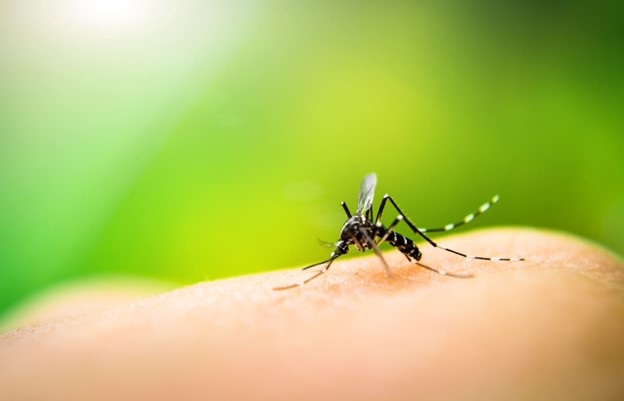Both of Plymouth’s high school football teams are on the road this week, but when they return to play on their home fields, it will back to “Friday Night Lights.”
The state Department of Public Health on Wednesday said it is lowering the town’s risk level for the deadly eastern equine encephalitis from high to moderate, effective Thursday, Oct. 3. That means that night games will be allowed, and that the dusk to dawn closing of public parks and playgrounds will be lifted, five weeks after they began.
The restrictions were put in place in late August after EEE was found in a horse in Plymouth. A local man later contracted the disease. His condition is unknown. (A group of Plymouth North parents and students unsuccessfully campaigned to allow night games to take place, despite the high threat level.)
Though rare, EEE can spread to humans through the bite of an infected mosquito. In at least 30 percent of cases, EEE is fatal, and survivors often face long term neurological issues.
The state Department of Agricultural Resources earlier conducted air and land spraying of a commonly used insecticide called Anvil 10 + 10 in parts of Plymouth away from the coast. It’s unclear whether those efforts helped reduce the threat of EEE.
As a precaution, the Plymouth County Mosquito Control Project said Wednesday that additional aerial spraying will take place over targeted wetlands areas on Oct. 3 in Plymouth, as well as in Carver and Hanson. The Plymouth spraying will cover just 41 acres it said, and no pesticide will be dispensed over residential areas.
Even though the risk level has been lowered and after-dark activities no longer discouraged, the town is urging residents to remain vigilant.
“Personal prevention measures are still recommended,” it said in a press release from the office of Town Manager Derek Brindisi.
“The town has been following the data presented by [the Department of Public Health] and was advised that the risk level has dropped but is not zero,” it added. “During this time of year, mosquito behavior becomes more temperature dependent with a smaller population, but a likely higher infection rate as older mosquitoes are more likely to carry the virus.”
Karen Keane, Plymouth’s director of public health, echoed that message.
“The risk level has been lowered to moderate, but the risk is not gone,” she said. “To avoid mosquito bites, continue to use insect repellent, wear long sleeves and pants when outdoors, minimize outdoor activities from dusk to dawn, and mosquito-proof your home. Repair or install window and door screens and remove all free-standing water around your home including buckets, wheelbarrows, pool covers, and flowerpots.”
Mark Pothier can be reached at mark@plymouthindependent.org.

